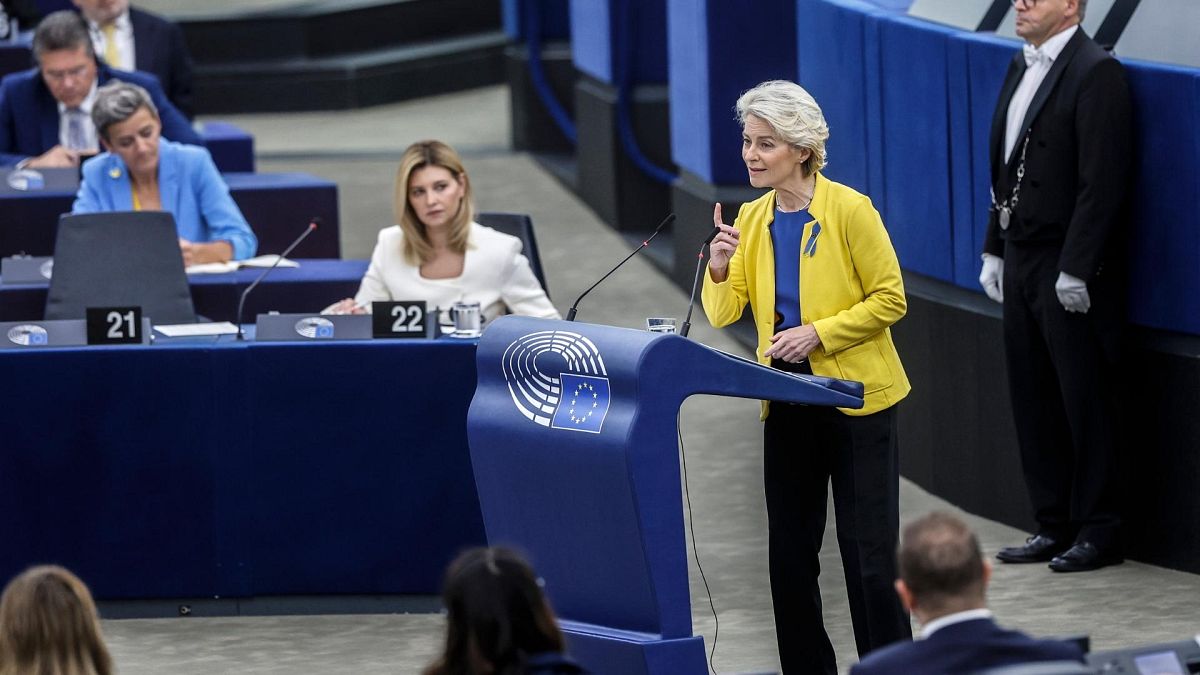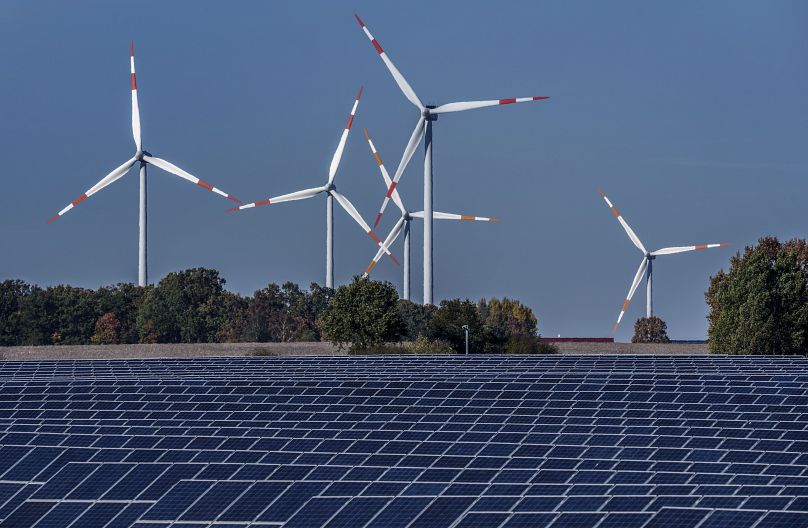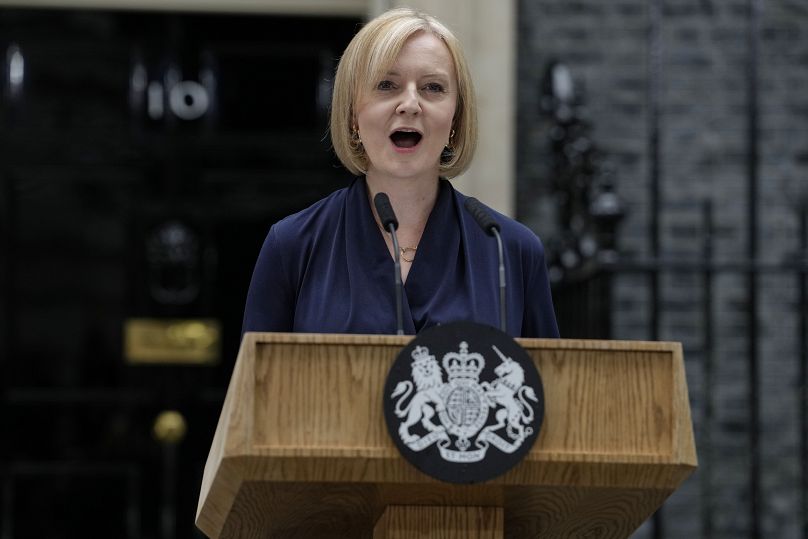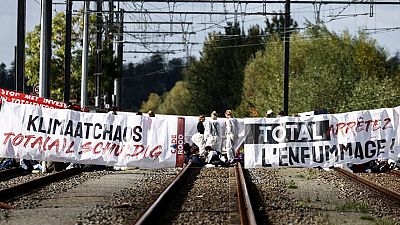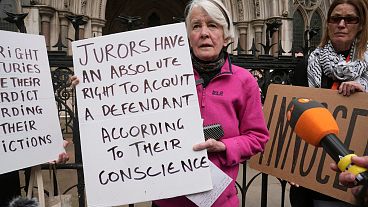The plan is part of long-awaited emergency measures to tackle the soaring cost of electricity before winter.
The European Union has announced plans to raise around €140 billion from the “abnormally high profits” of energy companies.
The proposed windfall tax is part of a package of long-awaited emergency measures to tackle soaring bills.
Most of the money will come from a price cap set on electricity produced through renewable energy, nuclear power and other low-carbon sources of €180 per megawatt hour- less than half of the current cost. Any “excess profits” generated above this will have to be given to national governments.
As energy prices in the market are set by expensive oil and gas, this would prevent companies making record profits from these cheaper forms of energy.
Under these proposals, EU nations would also be able to collect a “temporary solidarity contribution” from fossil fuel companies earning over 20 per cent more than their average over the last three years. This would amount to a third of the excess profits they have made in 2022.
Together, these measures will raise the expected €140 billion, according to the European Commission's calculations.
Fossil fuel companies have made record profits from the energy crisis
“These companies are making revenues they never accounted for, they never even dreamt of,” Commission President Ursula von der Leyen told EU lawmakers in France on Wednesday.
She went on to add that it was wrong for companies to receive extraordinary record profits while benefitting from war and at the cost of consumers.
“In these times, profits must be shared and channelled to those who need it most.”
Many countries within the EU have already introduced taxes, subsidies and relief for those struggling to pay their bills.
In France, for example, prices have already been capped and state energy producer EDF has been taken into public ownership. Germany is considering nationalising the country’s biggest gas importer, Uniper SE, in an attempt to stop its energy system from collapsing.
But more money still needs to be found outside of national budgets to combat the effects of the crisis.
This is why the EU is looking to record profits made by energy companies. The European Commission estimates that some companies are currently making five times what they usually would.
What are the reactions to the EU’s new windfall tax?
These two measures amount to a windfall tax, though the Commission has tactically avoided the term in its official plans.
European countries, however, are deeply divided on how to tackle the energy crisis. The EU already reportedly backed down from plans to cap the price of Russian gas imports after objections from countries like Hungary and Austria that rely on them heavily
Member states still need to approve the proposed measures and it's unclear whether they will all be onboard. Poland’s climate minister Anna Moskwa has told Polish media that the country is against introducing an EU-wide windfall tax.
Moskwa said that any such decision would have to be made unanimously and would be impractical due to differences in each country’s energy systems.
Outside of the EU, the emergency plan renewed pressure on UK Prime Minister Liz Truss to extend the country’s windfall tax on oil and gas companies.
A 25 per cent levy was imposed earlier this year by former chancellor Rishi Sunak. But Truss has rejected calls to extend this further and use excessive profits to fund the UK’s own package of measures to bring down record-breaking energy bills.
